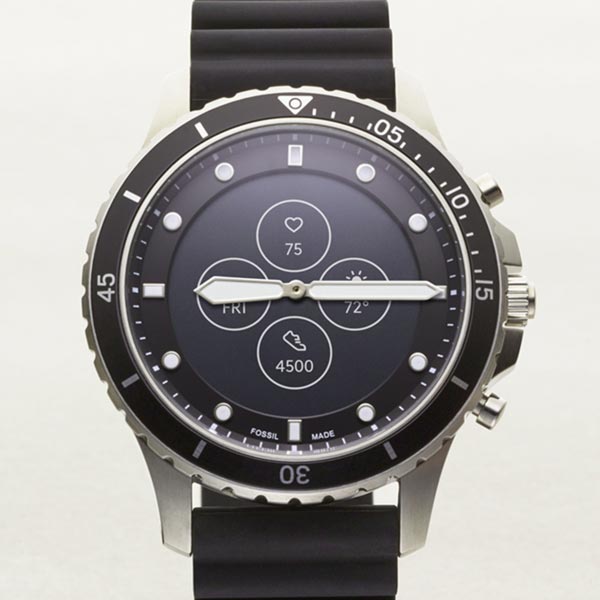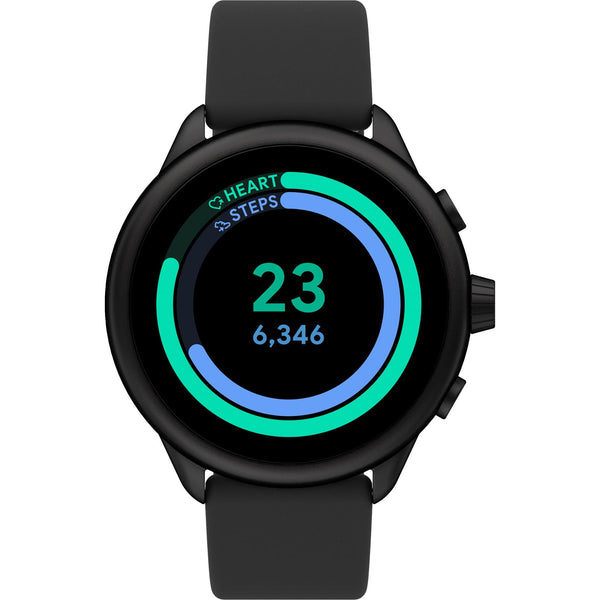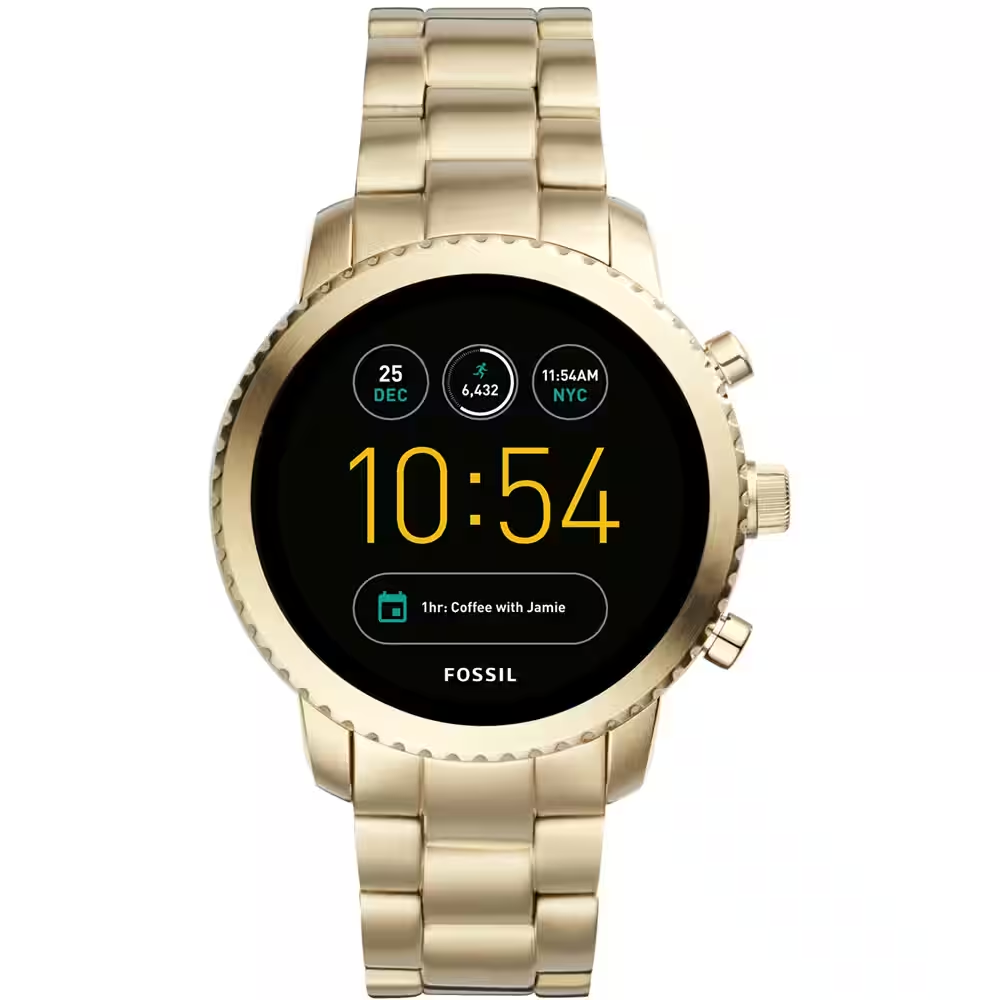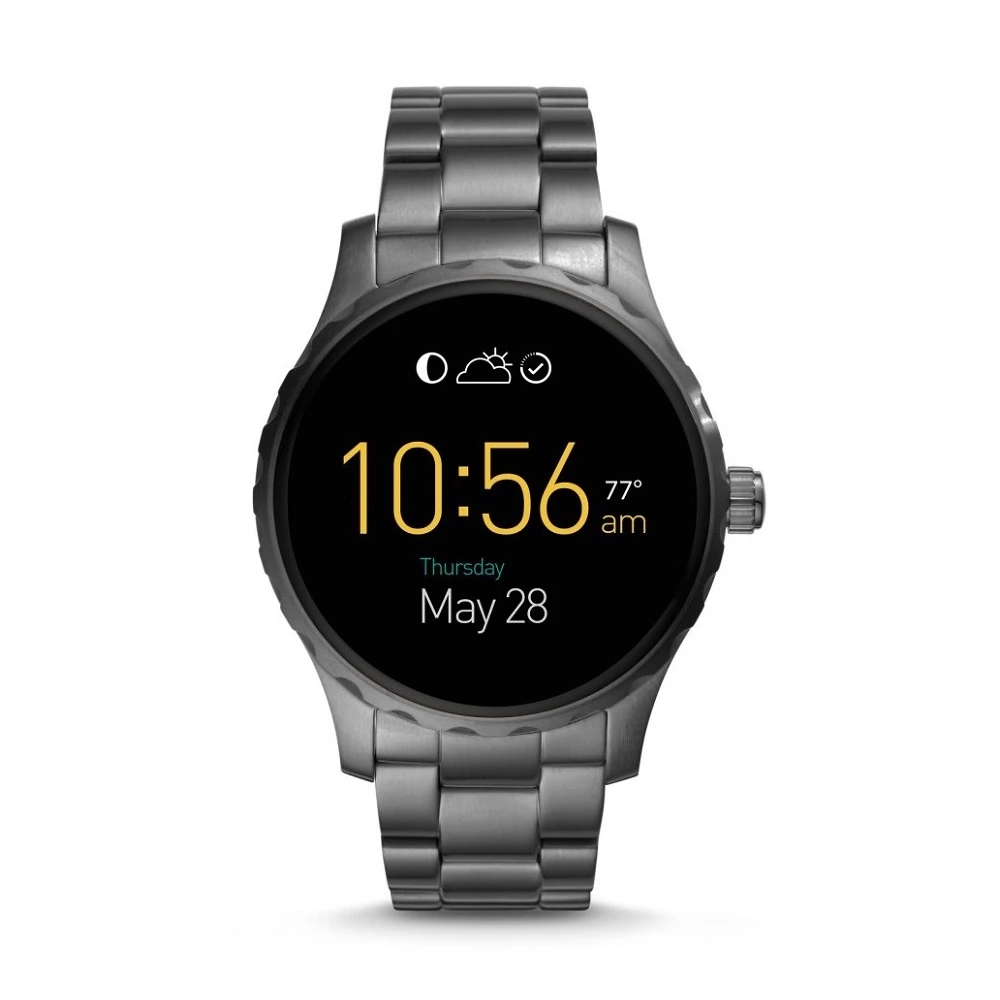The Announcement: Fossil’s Strategic Shift
Fossil’s Decision to Exit the Smartwatch Sector
In a surprising move, Fossil Group has declared its exit from the smartwatch market. The company, notable for its prolific creation of Wear OS smartwatches, will shift focus to more traditional products. Jeff Boyer, Fossil’s executive vice president, emphasized this change as strategic. Resources will now boost their main line: classic watches, jewelry, and leather goods. Fans of the brand find this news striking, since the latest Gen 6 smartwatch hit the market just in 2021. Fossil promises to update existing smartwatches for a few years ahead.
Impact on the Wear OS Market
Fossil’s exit from the smartwatch scene will undoubtedly shake the Wear OS ecosystem. As a key player, their absence leaves a void and may signal shifts in market dynamics. Fossil’s commitment to Wear OS through tough times had been unwavering until now. The brand’s withdrawal raises questions on the platform’s future without one of its biggest supporters. It also points to the intense competition and challenges Wear OS faces against other smartwatch operating systems in the market.

Reasons Behind the Exit
Challenges Faced by Fossil in Smartwatch Industry
Fossil’s departure from the smartwatch market was not without cause. The brand faced multiple hurdles that contributed to its exit. A key challenge was intense competition from tech giants like Apple and Samsung, who dominate the smartwatch space with advanced features. Another roadblock was the high costs associated with developing new technology for a rapidly evolving industry. Additionally, the need for continuous software updates and compatibility with a plethora of mobile devices added pressure. These factors made it tough for Fossil smartwatches to keep up and maintain profitability.
Shift in Consumer Preferences and Market Dynamics
Consumer tastes and the smartwatch market itself have also shifted significantly. There’s a growing consumer preference for smart devices that seamlessly integrate into the digital ecosystem. Smartwatches now must offer more than just notifications and fitness tracking; they’re expected to provide a full suite of services, including payments, advanced health monitoring, and even standalone cellular connectivity. The consumer demand for higher functionality and better integration has likely influenced Fossil’s decision. This turn in market dynamics suggests that simply offering a smartwatch is no longer enough. Brands need to innovate constantly to meet consumer expectations, which can be a daunting task for a traditional watchmaker such as Fossil.
Fossil’s Historical Contributions to Smartwatches
Innovations and Releases Over the Years
Fossil Smartwatch has been a significant force in wearables. For years, their innovations have shaped the smartwatch market. They launched various models that blended fashion with technology. These devices mixed classic aesthetics with digital features. Users got notifications, fitness tracking, and more on their wrists. Each release brought improvements in design and functionality. Fossil smartwatches stood out for their stylish looks. They appealed to those who wanted tech without sacrificing fashion. From their initial releases to the sophisticated Gen 6, Fossil pushed boundaries. They worked to make smartwatches more accessible and fashionable.
The Role of Fossil in the Development of Wear OS
Fossil played a pivotal role in the development of Wear OS. Their commitment was strong even when Wear OS faced difficulties. They propelled the platform forward with regular updates and new models. Fossil collaborations brought new features to life. They helped to make Wear OS a better system. As one of the first to adopt the platform, their input was crucial. Fossil smartwatches became synonyms for Wear OS excellence. They showed the potential of what a Wear OS smartwatch could be. Their exit marks the end of a significant era for the platform.

The Final Release: Gen 6 Smartwatch
Fossil’s last hoorah in the smartwatch industry was the Gen 6 smartwatch. Launched in 2021, this device marked the peak of Fossil’s smartwatch innovation. The Gen 6 came loaded with features that reflected Fossil’s dedication to blending style with technology. Some key capabilities included heart rate tracking, sleep monitoring, and a built-in GPS. It also offered faster charging and improved performance over its predecessors. The Gen 6 was compatible with both Android and iOS devices, making it a versatile choice for many consumers. Although it’s Fossil’s final smartwatch, the Gen 6 represented the brand’s ability to create a tech-savvy watch without losing its fashion-forward appeal.
Features and Capabilities of Gen 6
The Fossil Gen 6 smartwatch stood out with its enhanced battery life and SpO2 measurement feature. Users enjoyed the convenience of taking calls directly from their wrist. It also supported contactless payments, which became increasingly popular among users. The smartwatch’s ability to track various workouts made it a hit in the fitness community. These features underscored the Gen 6’s capabilities as a comprehensive smartwatch, catering to the demands of modern users looking for multipurpose wearables.
Support Plans for Existing Models
As Fossil bids farewell to the smartwatch market, support doesn’t end with the sale of the last Gen 6. Fossil has committed to providing updates for existing Wear OS watches for the next few years. This support is a testament to Fossil’s responsibility to their customers and the brand’s desire to leave a lasting positive impression on users. With a focus on software stability and functionality, Fossil aims to ensure that their smartwatch users continue to have a reliable and enjoyable experience well into the future.
Future Directions for Fossil Group
While Fossil’s departure from the smartwatch market marks a significant shift, the company’s future path appears clear and focused. Acknowledging the evolving landscape and their legacy strengths, Fossil Group aims to enhance their established portfolio by returning to their roots.
Focus on Traditional Watches, Jewelry, and Leather Goods
Fossil has a rich heritage in designing classic timepieces. Their traditional watches blend style with craftsmanship. The decision to refocus on these core products ensures they play to their strengths. By enhancing their offerings in jewelry and leather goods, Fossil can further solidify its position in these markets. The brand’s reputation for quality and design is likely to continue attracting consumers who appreciate enduring style over trendy tech.
Jewelry and leather goods extend Fossil Group’s reach into fashion accessories. These items complement their watch lines. They create a coherent lifestyle brand. Focusing on these areas allows Fossil to tailor its approach. They can meet the desires of consumers who value aesthetic and function.
Strategic Redirection to Strengthen Core Segments
In redefining their business goals, Fossil Group is putting emphasis on strategic redirection. This move aims to revitalize and strengthen the segments where they see the most potential for growth. It suggests a smart allocation of resources. This shift also hints at the potential for innovation within their classic product lines. It could lead to more sophisticated designs or the incorporation of smart features into traditional watches without stepping fully into the smartwatch territory.
This strategic redirection is not just about focusing on what they have always done well. It’s about adapting to the changing market with calculated moves. Fossil can leverage its brand prestige and design capabilities to compete in a space with fewer technological demands.
In conclusion, Fossil Group’s future centers on their long-standing expertise. They are set to enhance their position in the traditional watch, jewelry, and leather goods markets. With a strategic redirection, they aim to build on core segments that promise growth. The focus on their fundamental strengths could pave the way for a new era of success.

The Industry Response and Speculations
Reactions from the Industry and Consumers
The news of Fossil exiting the smartwatch market stirred various reactions. Industry experts expressed concern over the gap Fossil’s departure would leave in the Wear OS ecosystem. Some see it as a sign of a shrinking market, while others view it as an opportunity for new players. Consumers voiced mixed feelings on social media. Loyal customers lamented the loss, while tech enthusiasts speculated about emerging innovations. Retailers may now pivot, focusing on brands still committed to smartwatches.
Predictions for the Future of Smartwatches
Fossil’s exit sparks questions about the smartwatch industry’s direction. Some predict a consolidation, with fewer brands dominating the space. Others foresee a surge in hybrid watches that blend traditional design with select smart features. Tech analysts suggest a focus shift towards specialized devices targeting health and fitness. The trend might lean towards devices with longer battery life and more refined health sensors. As tech evolves, the smartwatch market might yet redefine itself with advancing innovations.
